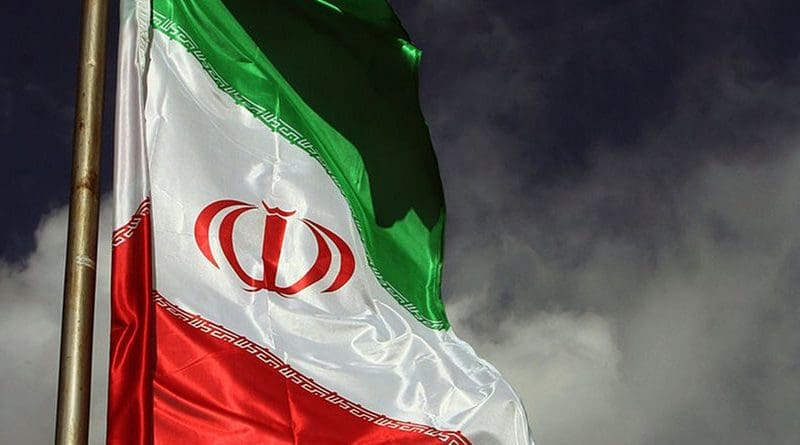Iran: Terror Strikes Tehran’s Heart
By Arab News
By Siraj Wahab
Suicide bombers and gunmen attacked the Iranian Parliament and the mausoleum of Ayatollah Khomeini in Tehran on Wednesday, killing at least 12 people in a twin assault.
Daesh claimed responsibility and released a video purporting to show gunmen inside the Parliament building. It also threatened more attacks against Iran.
Iranian police said they had arrested five suspects in connection with the attacks and the country’s supreme leader, Ayatollah Ali Khamenei, struck a defiant tone.
“These fireworks have no effect on Iran. They will soon be eliminated … They are too small to affect the will of the Iranian nation and its officials,” state TV quoted him saying.
Iran’s Revolutionary Guard Corps accused Riyadh of being behind the attacks and vowed to seek revenge.
Saudi Foreign Minister Adel Al-Jubeir, speaking in Berlin, said he did not know who was responsible for the attacks and said there was no evidence Saudi extremists were involved.
Late Wednesday, Reza Seifollhai, the deputy head of the Iran’s National Security Council, said in an interview on state television that the assailants were from Iran.
“About the identity of the attackers, I should say they were from parts of Iran, and had joined Daesh,” he said.
Political analyst and former US diplomat Ali Khedery said the principal lesson for Iran from these attacks “is that this is what terrorism looks like and feels like in real life.”
He told Arab News that any terrorist attack anywhere in the world is something sad and unfortunate. “However, given that the regime in Tehran is the world’s largest state-sponsor of terrorism, they have for once got a taste of their own medicine,” said Khedery. “This should be a reminder to them of what it looks like when innocent civilians suffer from terrorism.”
Harvard-based Iran expert and Arab News columnist Majid Rafizadeh said Daesh, which is often opportunistic and swift in taking credit for major attacks, had not yet provided credible evidence showing that it carried out the assaults.
“The nature of the attacks, which targeted political and ideological symbols rather than a crowd of ordinary people, appears uncommon for an extremist group like Daesh,” he wrote in his column.
“The assaults have also raised many questions including how the assailants were capable of coordinating such sophisticated attacks in highly secure and protected locations in Tehran,” he said.
“The attacks on the Parliament and Khomeini’s shrine are symbolic assaults on the Islamic Republic’s political identity, revolutionary ideals, core values and principles,” he added.

